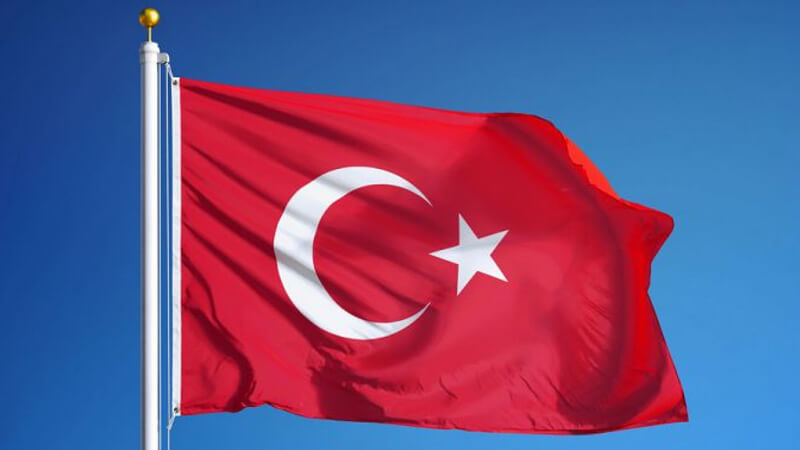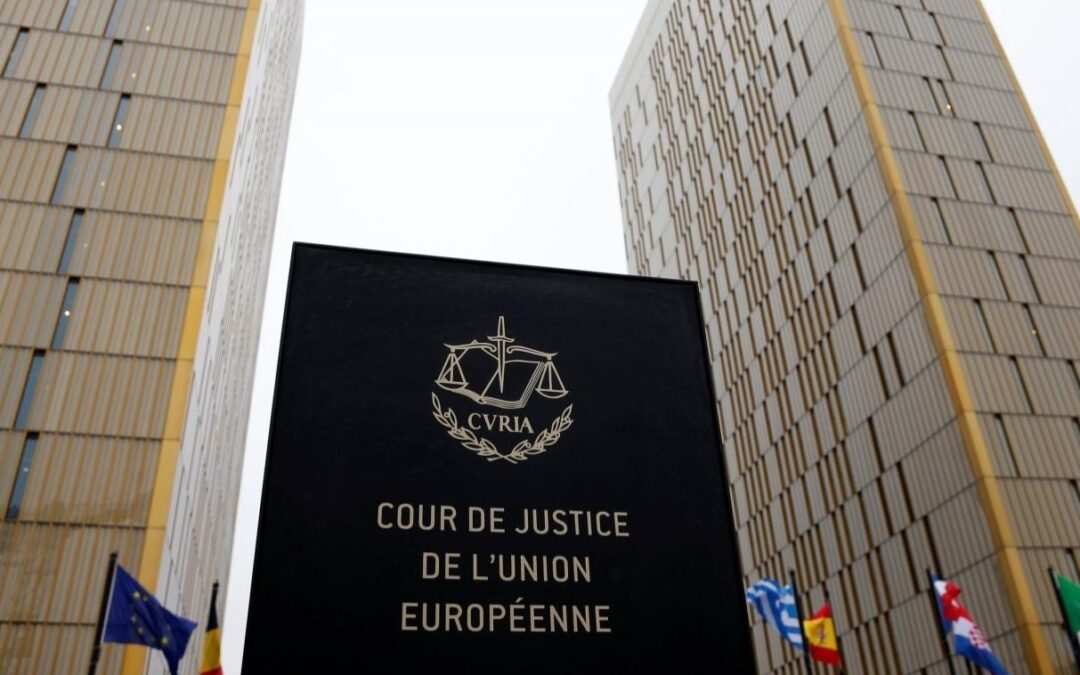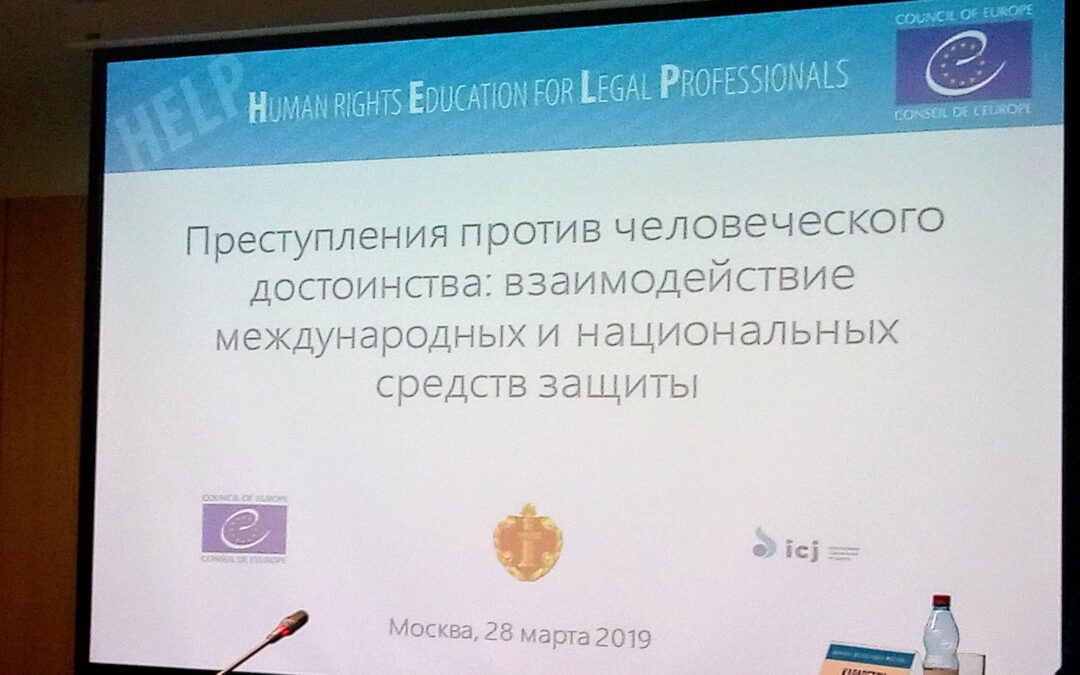
May 12, 2020 | Advocacy, Non-legal submissions
The ICJ has written to the Commissioner for Human Rights and the Rapporteurs on Turkey of the Parliamentary Assembly to alert them to the continued detention of Selahattin Demirtaş and Osman Kavala despite rulings by the European Court of Human Rights.
The International Commission of Jurists recalled that in both the Demirtaş and Kavala cases the European Court of Human Rights, in finding a violation of article 18 ECHR, determined that the detention of the applicants had been ordered in pursuance of an ulterior purpose than those allowed by article 5.1 ECHR.
That purpose was silencing of human rights and other activists, stifling pluralism and limiting freedom of political debate and utilizing pre-trial detention as a method of arbitrary punishment.
The Turkish government is however not releasing the applicants on the ground that the Chamber judgments have not yet become final.
Meanwhile, the authorities have initiated new investigations against both Demirtas and Kavala, and issued new detention orders on similar though not identical charges as those reviewed in the Court’s judgments, with the apparent intent not to implement the ECtHR judgments.
The ICJ considers that these developments may be seen as integral to the ulterior purpose identified by the Court in its Kavala and Demirtaş decisions. Under these conditions, both Kavala and Demirtaş may expect their arbitrary detention to be continued for an unlimited period of time through arrest orders based on fabricated investigations.
The ICJ further reiterated the importance of enabling access to alternatives to detention for all pre-trial detainees who may be at risk because of COVID-19 if they do not pose a current threat to public safety, regardless of the nature of the offences with which they have been charged. It stressed that, since Mr. Demirtaş and Kavala, along with many politicians and human rights defenders accused of security related offences in Turkey, do not pose a threat to public safety, they should be released as soon as possible.
ICJ-Letter-DemirtasKavala-PACERapporteurs-2020-eng (download the letter to the PACE Rapporteurs)
ICJ-Letter-KavalaDemirtas-CommissionerHR-2020-eng (download the letter to the Commissioner for Human Rights)

Nov 28, 2019 | Cases, News
The ICJ and Amnesty International have submitted a joint third party intervention before the European Court of Human Rights in the case of Judge Jan Grzęda.
Judge Grzęda’s mandate as a member of the Polish National Council of the Judiciary (NCJ) was prematurely terminated by legislation that entered into force in 2018. Under this law, the mandates of the judicial members of the NCJ appointed under previous legislation were automatically brought to an end once new members were appointed.
Judge Grzęda applied to the European Court of Human Rights alleging that he had been denied access to a tribunal to challenge the termination of his mandate and had been denied an effective remedy for the violations of his rights.
In their third party intervention, the ICJ and Amnesty International analyze international standards on judicial independence and self-governance, including as regards the role national councils for the judiciary, and the consequences of these standards for the right of access to court under Article 6.1 ECHR. The intervention also analyses the role of the NCJ in safeguarding judicial independence in Poland, and recent legislative and policy developments that have seriously undermined the independence of the Polish judiciary.
Read the full intervention text here.

Jun 25, 2019 | News
The ICJ welcomes yesterday’s judgment of the Court of Justice of the EU (CJEU) which ruled that forcing the retirement of Polish Supreme Court judges by lowering their mandatory retirement age, violated EU law.
Following the judgement, the security of tenure of these judges must now be permanently ensured, the ICJ said.
“The independence of the judiciary in Poland has been systematically undermined by the Polish executive and legislative authorities in recent years. This is a landmark decision that should herald a return to the rule of law in Poland, including legal, institutional and practical protection for judicial independence,” said Róisín Pillay, Europe and Central Asia Programme Director at the ICJ.
“This decision should be fully complied with. But it should also prompt the Polish authorities to reverse the wider damage that has been done to the rule of law, to restore the independence of the institutions of the judiciary, and end the harassment of judges through unjustified disciplinary proceedings,” she added.
In its decision issued on 24 June, the CJEU found that the lowering of the retirement age for judges, without transitional arrangements for those already in office, was not justified by any legitimate objective and therefore undermined the principle of irremovability of judges, which is central to judicial independence. It therefore violated the principle of effective judicial protection in Article 19(1) of the Treaty of European Union.
The Court also considered the discretionary power of the President to allow a judge to remain in office following the mandatory retirement date.
It found that, although this power was based on the opinion of the National Council of the Judiciary, such opinions were in practice given without any reasons, and therefore did not provide an effective safeguard.
The Court found that the President’s discretionary power gave rise to reasonable doubts that judges could be subject to external influence, in violation of the principle of effective judicial protection under Article 19(1) TEU.
Background
A law on the Supreme Court, which entered into effect in July 2018, attempted to force the “retirement” of 27 of the 72 Supreme Court judges, including the First President, by lowering the mandatory retirement age for its judges from 70 to 65 years.
The ICJ has repeatedly condemned the “forced retirement” of the 27 Supreme Court Justices as violating the security of tenure of judges in direct contravention of the principle of judicial independence, as expressed in international law and standards.
These include the UN Basic Principles on the Independence of the Judiciary, Council of Europe standards, the European Court of Human Rights’ jurisprudence and the rule of law principles enshrined in article 2 of the Treaty on European Union.
An ICJ letter of 11 July 2018, signed by 22 senior judges from all regions of the world, urged the Polish government to act immediately to reinstate the forcibly retired judges in office.
Proceedings against Poland under Article 258 TFEU were launched by the European Commission in October 2018, alleging infringement of Article 19(1) TEU (the principle of effective judicial protection) together with Article 47 of the EU Charter of Fundamental Rights (the right to a fair hearing and an effective remedy).
Following an interim decision of the CJEU in December 2018, the judges who were forcibly retired were reinstated in office, under a Law on the Supreme Court that came into force in January 2019.

Apr 12, 2019 | News
Today in Ankara the ICJ convened a workshop for lawyers and civil society practitioners on the implementation of judgments of the European Court of Human rights.
The 29 participants in the workshop will examine methods and tools available to guarantee the effective execution of the European Court of Human Rights judgments in Turkey.
The participants in the workshop will discuss the use of the Committee of Ministers’ judgment execution process and the potential of “rule 9“submissions, as well as ways to advance the implementation of the judgments oft he European Court of Human Rights in Turkey.
The workshop will share good practices with a view to promoting solutions and opportunities for cooperation in the matter.
This one-day event is organized by ICJ, in cooperation with its partners Kapasite Geliştirme Derneği, Human Rights Joint Platform and European Implementation Network, as part of the EU co-financed project Rebuilding and Ensuring Access to justice with civil society in Turkey.
The project is funded by the European Instrument for Democracy and Human Rights (EIDHR) of the European Union.

Mar 28, 2019 | Events, News
The ICJ is co-operating in a conference organized by the Council of Europe and the Federal Bar Association of Russia on “Crimes against Human Dignity: Interaction of International and National Remedies”, which will take place today, 28 March 2019 in Moscow.
The Conference will address crimes that affect physical and moral integrity of a person, notably through ill- treatment, domestic violence, trafficking in human beings and other forms of modern slavery. The core provisions of the European Convention on Human Rights and the related case-law of the European Court of Human Rights are of particular relevance in combatting these phenomena. The Conference will address national and international remedies against such crimes and serve for exchange of good legal practices in that regard.
Mikhail Lobov, Head of Human Rights Policy and Co-operation Department of the Council of Europe, Yuriy Pilipenko, President of the Federal Bar Association, Denis Novak, Vice-Minister of Justice of the Russian Federation, Radmila Dragichevich Dichich, Vice-President of the International Commission of Jurists, Judge of the Supreme Court of Serbia, Ilya Subbotin, Deputy Director of the Depratment of Paneuropean Co-operation of the Russian Foreign Ministry and Petr Sich, Head of Council of Europe Programme Office in the Russian Federation will open the Conference.
The Conference will give an overview of identification and qualification of crimes against human dignity, as well as of assessment of evidence and investigation of such violations. Special attention will be paid to such questions as professional training of practicing lawyers as a factor of strengthening of remedies’ efficiency and, in more general terms, the role of advocates in the framework of the Council of Europe conventions.
The event will take place on 28 March 2019 at 09.30 a.m., in Moscow, Hotel “Azimut Smolenskaya”, Smolenskaya street, 8.
The agenda for the conference is available here









